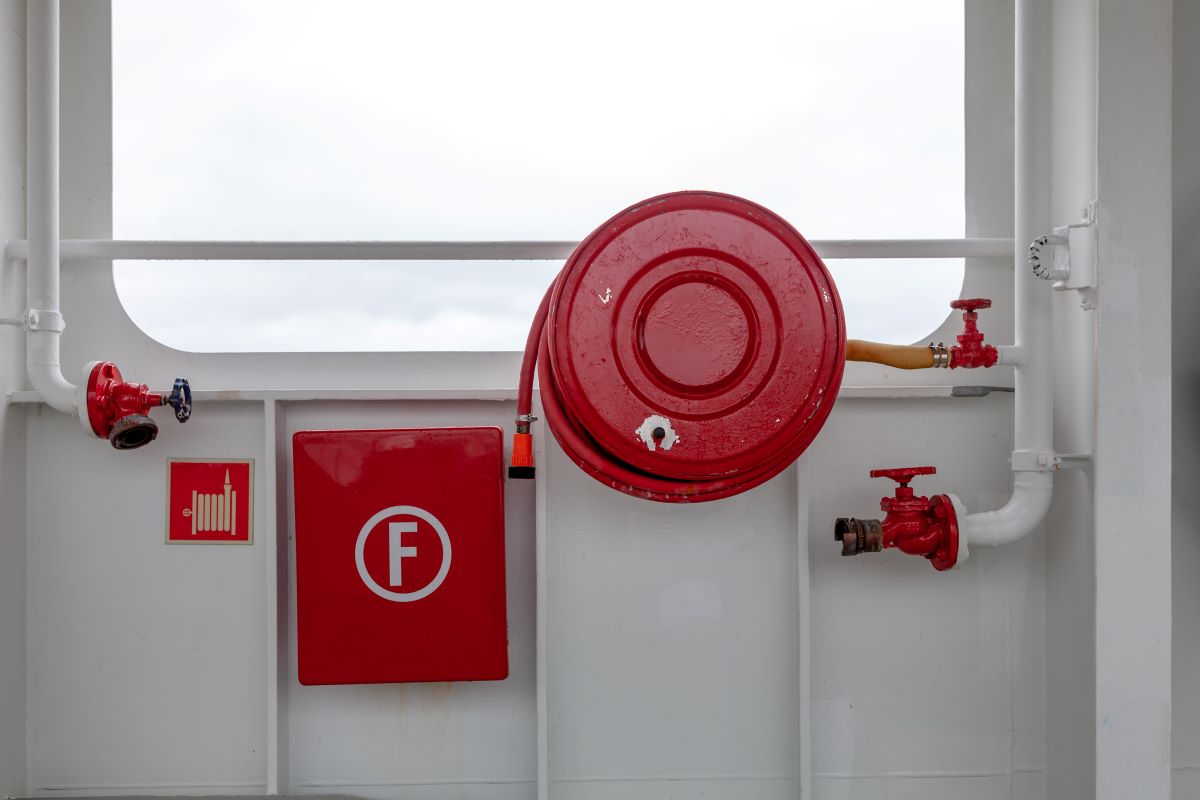I was out at the boat yesterday and the Port Moody Chapter of the Power Squadron was doing their annual free boat safety inspection.
beebrs volunteering.
I was talking to a couple of the guys who were walking the floats encouraging folks to get their boats inspected.
They mentioned they had the Fire extinguisher folks there to certify extinguishers . I said I just bought 2 new 5 lb extinguishers last year.
They said you now need an annual inspection certificate. $10.00/ per extinguisher . Apparently, this change hasn't been well communicated.
I paid my $20.00 to the fire extinguisher guys for two new tags.
I tried to find this annual inspection reg. but to no avail.
Does anyone have a link?
beebrs volunteering.
I was talking to a couple of the guys who were walking the floats encouraging folks to get their boats inspected.
They mentioned they had the Fire extinguisher folks there to certify extinguishers . I said I just bought 2 new 5 lb extinguishers last year.
They said you now need an annual inspection certificate. $10.00/ per extinguisher . Apparently, this change hasn't been well communicated.
I paid my $20.00 to the fire extinguisher guys for two new tags.
I tried to find this annual inspection reg. but to no avail.
Does anyone have a link?


